They took care of kitchen pots, washed in toilet bowls, and drank perfumes like the best alcohol. After entering our country, Soviet soldiers shocked Poles with their appearance, behavior and customs. Explore their most embarrassing ideas.
Our compatriots were often shocked by the very appearance of the Soviet liberators. This was especially true of soldiers from the Asian republics of the USSR. In the memoirs there are repeated descriptions of fighters with slanted eyes, with rifles larger than themselves and with bags on their backs instead of military backpacks. Even units using camels as draft animals appeared in the vicinity of Włodawa, which must have caused quite a sensation in the area. Troops equipped with camels later took part in the storming of Berlin.
An army like from the Middle Ages
The first impression was often not too positive. ,, They ate everything, potatoes, groats, preserves. Grandma remembered how they got nasal in the jars. They stank terribly "- wrote one of our Readers about the Red Army soldiers.
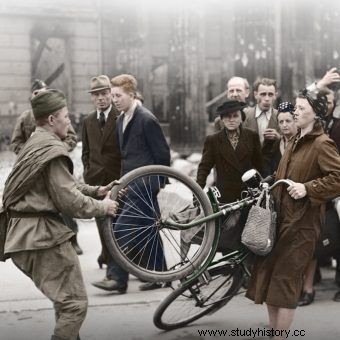
The behavior of the Red Army soldiers shocked the Poles from the very beginning. The illustration shows a fragment of the cover of the book "Red Plague".
Another person reported:"My (great-great) grandmother's potty was taken from under the bed, which they then filled with water from the well and drank from it." In Częstochowa, Lidia Cercdzwadze –Wardisiani remembered the Soviet military and their unleavened manners:
These troops - "Kalmyks" some amazing, on horseback, which are a bit bigger than calves. They dragged their feet, rode these horses, barely holding on - drunk, absolutely drunk! It was scary to walk around town. (...) And how many times did they come to our apartment:"Do you have pork fat?" - "Well, we don't - where from?" - "Do you have any onions?" - "Well, we have." - "Come on!". (…) And they put vodka on the table, break onions, pull out their guns and shoot all the pictures. And - fun.
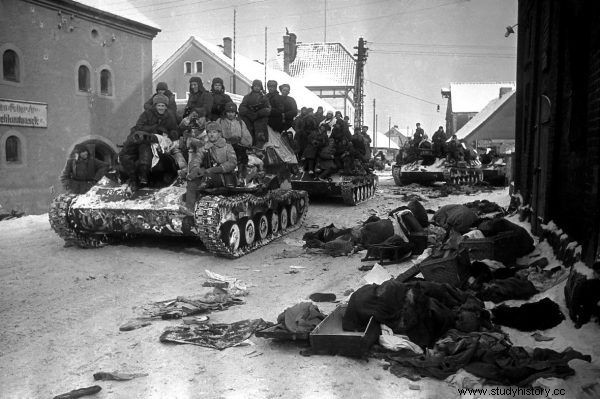
The encroaching Red Army soldiers quickly began to scare the Poles.
The view of the Soviet troops laden with German trophies was also very original. Such pictures were almost commonplace in Poland, especially when the Red Army was returning to the country after conquering Berlin:
A spectacle like the Thirty Years' War. All these trucks, wagons, all kinds of vehicles were packed with all kinds of loot - desks, four-poster beds, bowls, toilets, barrels, umbrellas, quilts, carpets, ladders, bicycles. In cages:geese, ducks, chickens, Often cows or goats tied behind the vehicle. People on these vehicles were often dressed in the strangest civilian clothes, it often looked as if a theater wardrobe had been robbed.
Pig food and perfume
Sometimes there were quite comical situations. According to one of the reports you sent In one village, Red Army soldiers ate a barrel of machine grease left by the Germans - towot, believing it to be marmalade.
It was probably not an isolated case, because similar events took place in 1939 after the Red Army seized our Eastern Borderlands. One of them was witnessed then by a Polish woman from Grodno:A fact in one of the shops was funny. The peasant was buying lubricant for the wagon. After his departure, two Bolsheviks demanded what the peasant was taking, two kilograms. They left the store and, despite the fact that it was a street, tried the grease with their fingers. They took how much of the spread on their finger and then from finger to mouth. They tried it three times, and then one says to another that the Polish marmalade is not tasty and the whole package is angrily thrown on the pavement .
In one of the houses in Oszmiana, the Red Army soldiers consumed the owner of the entire supply of Nivea cream. They spread it on bread, thinking it was perhaps lard with special flavors.
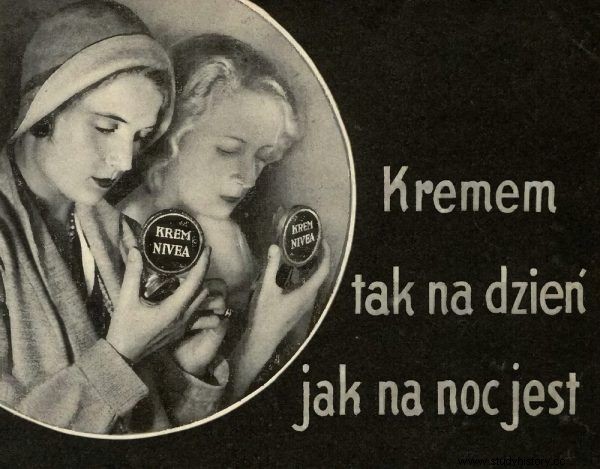
Nivea cream the Soviet delicacy?
The hungry army could eat literally anything. Even pig peelings. This is confirmed by one of our readers who sent the following report:
My uncle told me that when the Russian army came, his father was feeding the pigs. One came up:"Tempt, tempt!" And the pigs did not see the food, and a few Ruthenians devoured a bucket of potato peelings and other pig delicacies.
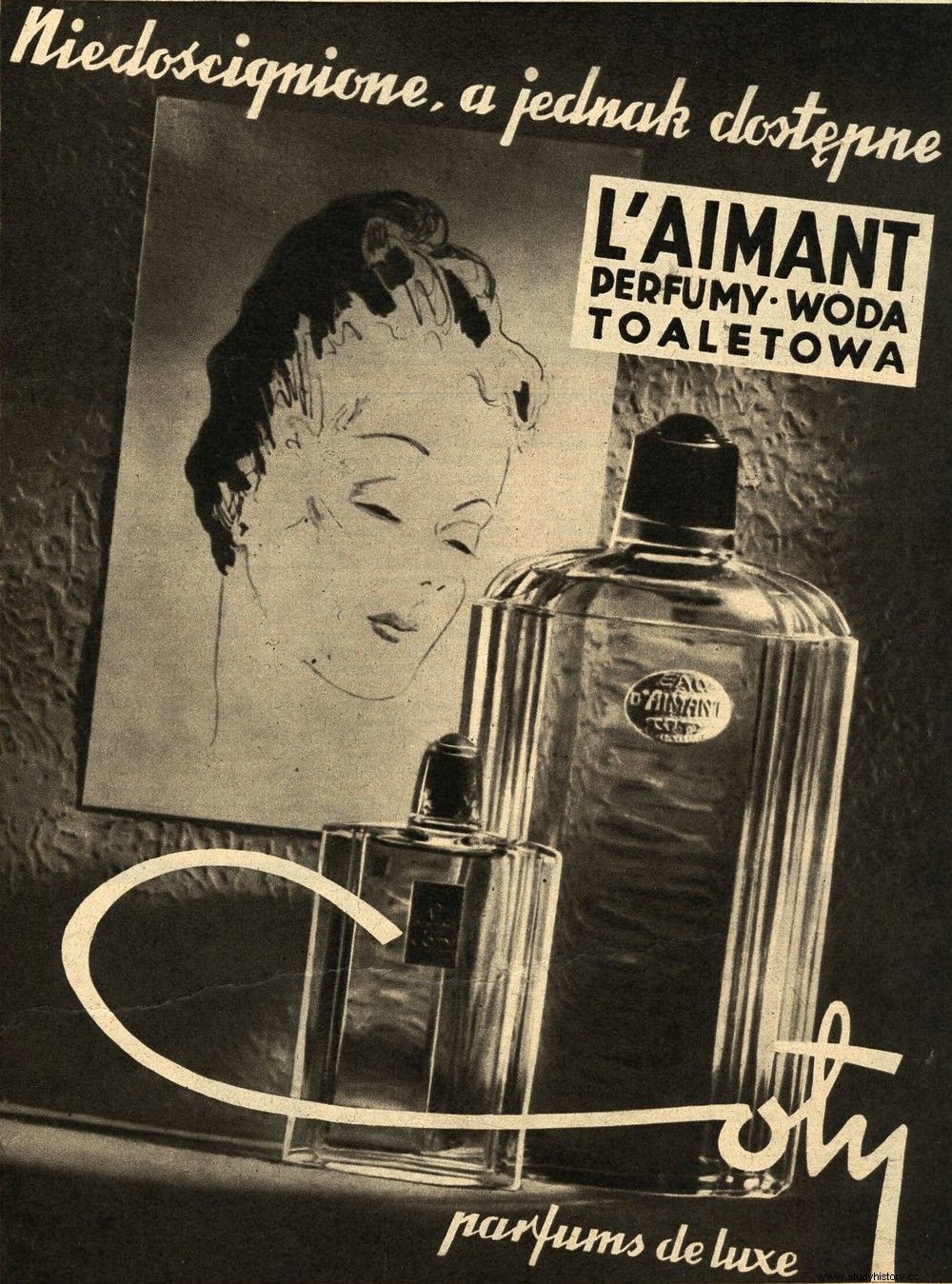
The Red Army men, hungry for alcohol, also did not despise perfume.
It also happened that soldiers thirsty for alcohol drank perfumes for Polish women. However, it is difficult for us to say whether they managed to achieve the intended effect. In search of vodka and snacks, the Red Army soldiers were able to invade Poles even during family celebrations. This is what happened in Świecie in 1946, where:
a group of six Soviet soldiers under the command of a captain attacked people having fun at the wedding. The Russians killed one of the men and shot the woman in the ear. After terrorizing the people, they took vodka and food.
Women's frills
Soviet soldiers, apart from the infamous watches and bicycles, also stole items quite unusual for men, namely women's and children's wardrobe. Even in broad daylight on the streets of a big city, Polish women could lose their costumes. One of our compatriots described this situation in the spring of 1945:
Two Russians met me and first attacked me for a watch that I should give them a watch, when I told them that I did not have a watch, they threatened to shoot me if I do not give them, they searched everywhere. When they did not find it, they took my bicycle, a tobacco box and a cigarette case from me, and immediately wanted to take my boots and my coat; if I didn't want to give them this coat and shoes, they said they would shoot me.
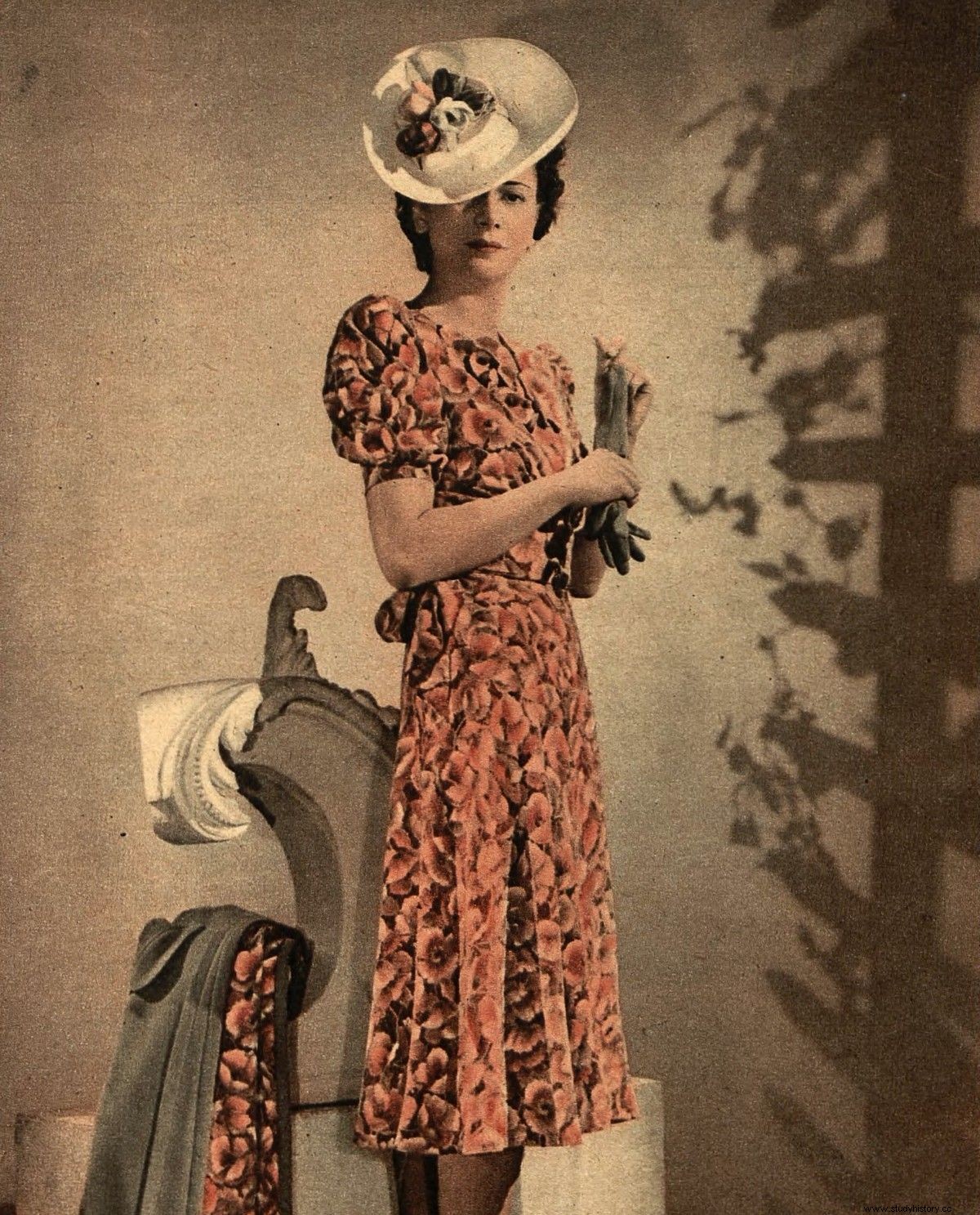
Even women's costumes were valuable prey to the Soviets.
In Warsaw, in May 1945, a 13-year-old Wiesława Chełmińska-Rupiewicz, returning from the camp, fell victim to a Soviet officer. The girl was stripped of her outer garments. It was similar with a group of underage students in Szynwałd (now Bojków), robbed on their way to school. It is difficult to say what the "liberators" needed children's clothes for. Perhaps they later sold them on the black market, or sent them in parcels to their relatives.
Yellow handles and brass handles
Unforgettable to the saying that "not all that glitters is gold", the Red Army soldiers with great enthusiasm removed the brass handles from the doors of houses and apartments. For this reason, jugs and cups in table services lost their yellow painted handles. Of course, because they resembled this precious metal.
The buildings where Soviet soldiers were quartered were usually in a deplorable condition after they had left them. An example would be a villa in Bydgoszcz, located at Cicha 11 street:
The house was comfortably furnished and surrounded by a well-kept garden with 70 trees, in a few months after the city was occupied by Soviet soldiers. The bathtub was thrown out of the window, the central heating stove was removed, the tiles were broken, the water pipe was blocked and partially destroyed, the doors and window frames were burnt. A hole was punched in the wall of the house and the garden was cut down.
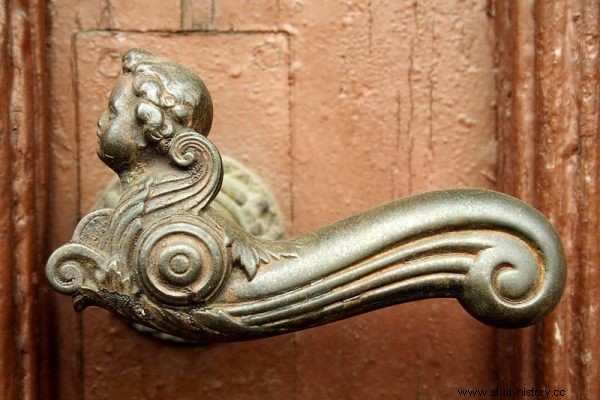
The Red Army did not know the saying that not all that glitters is gold.
One of the favorite entertainment of the Red Army was to contaminate the estates belonging to the Polish "bourgeoisie" with excrement. The Siemieński family, owners of the property near Radomsko, found out about it. Not only did they lose their furniture and household appliances to the liberators, but also the fighters smeared all rooms in their manor with feces.
